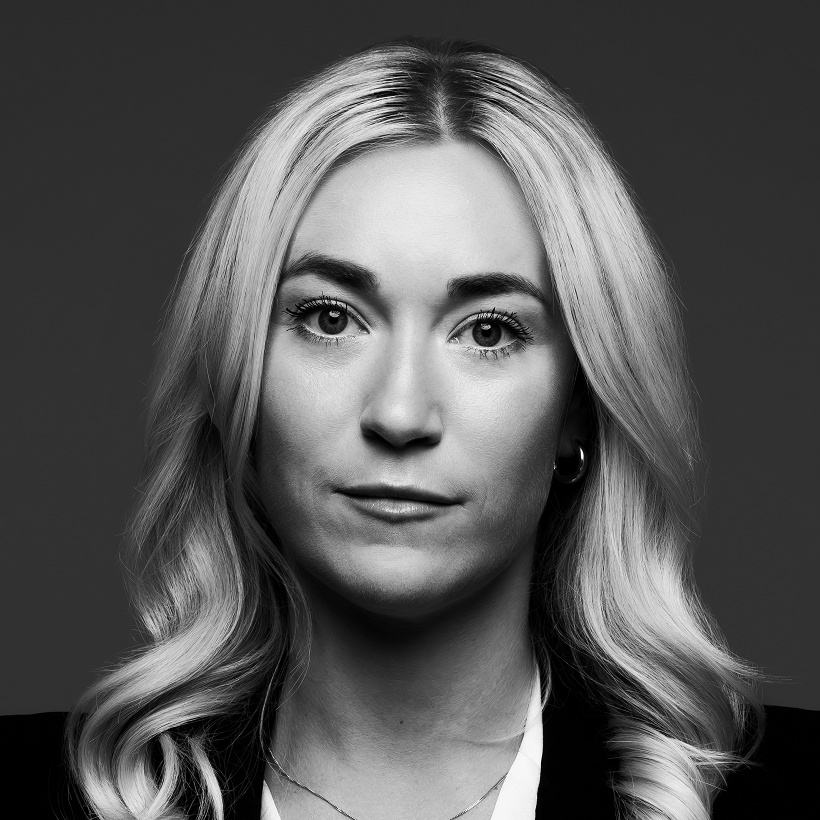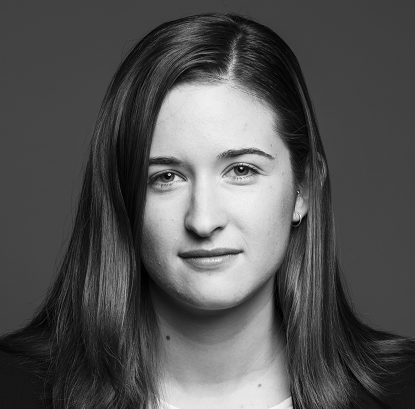News & Blog
Featured News
Class Actions - On the Docket
-
In secondary market misrepresentation cases, materiality does an enormous amount of work. It is the gatekeeper: no material misrepresentation, no liability. Courts therefore look for proxies – ways of inferring whether an alleged misstatement was “reasonably expected to have a significant effect on the market price or value of the securities.”
In cross-border litigation, the choice of venue is a major strategic consideration, and forum contests can be as hotly contested as the underlying dispute. In Lochan v Binance Holdings Limited, the Ontario Superior Court of Justice restrained Binance Holdings Limited (Binance) and an affiliated entity, Nest Services Limited (Nest), from pursuing an arbitration commenced in Hong Kong against the class representatives in a certified class action in Ontario. The decision shows how a parallel foreign arbitration raised the risk of a collateral attack on prior Ontario rulings, and why an anti-suit injunction was appropriate to preserve the integrity of the Ontario proceeding.
In Terry Longair Professional Corporation v Akumin Inc, the Ontario Court of Appeal addressed the question of whether a securities class action can be pursued for misleading or incorrect statements, even if there was no statistically significant decline in share price. The short answer is yes, at least as far as the leave and certification stages are concerned.
On July 16, 2025, a long-running effort by several film studios to have claims of copyright infringement decided by way of reverse class action reached a further impasse. In Voltage Pictures v Robert Salna (Voltage FCA #2), the Federal Court of Appeal (FCA) dismissed – for a second time – the studios’ appeal for certification of a proposed class of unknown individual defendants.
The Ontario Court of Appeal’s decision in Price v Smith & Wesson Corporation is a significant development in product liability law and class action procedure, particularly in cases involving harm from criminal acts. The ruling allows a class action in negligence to proceed against Smith & Wesson, the manufacturer of the handgun used in the 2018 Danforth Avenue mass shooting in Toronto.
In North v Bayerische Motoren Werke AG, the Ontario Court of Appeal delivered a significant ruling on the boundaries of product liability in negligence. The decision confirms that negligence claims for pure economic loss in product liability cases can only succeed in narrow circumstances. For class action and product liability lawyers, the case serves as a reminder of the limits that govern certification in negligence-based claims.
Since it was recognized a little over a decade ago in Bhasin v Hrynew, the contours of the organizing principle of good faith and the duty of honest performance in contract law have been gradually clarified by Canadian courts. Most recently, in Ocean Pacific Hotels Ltd v Lee, the British Columbia Court of Appeal considered whether the duty of good faith applied to pre-contractual conduct. In particular, the question in this case was whether an employer’s conduct before an employment agreement was finalized could be scrutinized under the duty of honest performance. Answering that question with a resounding no, the Court of Appeal’s decision provides critical insight into the evolving boundaries of good faith obligations in Canadian contract law.
Canada’s federal structure means national class actions naturally raise potential constitutional questions. Those questions become potentially more thorny where a class action is pursued not on behalf of individuals across multiple provinces and territories, but instead provincial and territorial governments themselves. The Supreme Court’s recent decision in Sanis Health Inc v British Columbia addressed many of those concerns and ultimately defined a broad scope for national class proceedings, including where a proposed class includes other provincial or territorial governments.
The multifaceted nature of generative AI is bound to create legal complexities at the intersection of intellectual property law and class actions, as this emerging technology disrupts not only the tech landscape but the legal one too.
By playing their essential gatekeeping role, class action judges have in numerous decisions clarified the necessary elements of various causes of action and the availability of specific remedies in a particular case. What constitutes harm that is compensable, for example, has featured in numerous product liability class actions and the failure to show harm has put an end to many of them. For strategic and practical reasons, some class actions do not seek compensation for losses that the class members suffered. Instead, the strategy is to pursue remedies that do not correspond with personal losses such as disgorgement, nominal damages and punitive damages. Hoy v Expedia Group Inc is a recent example.




















